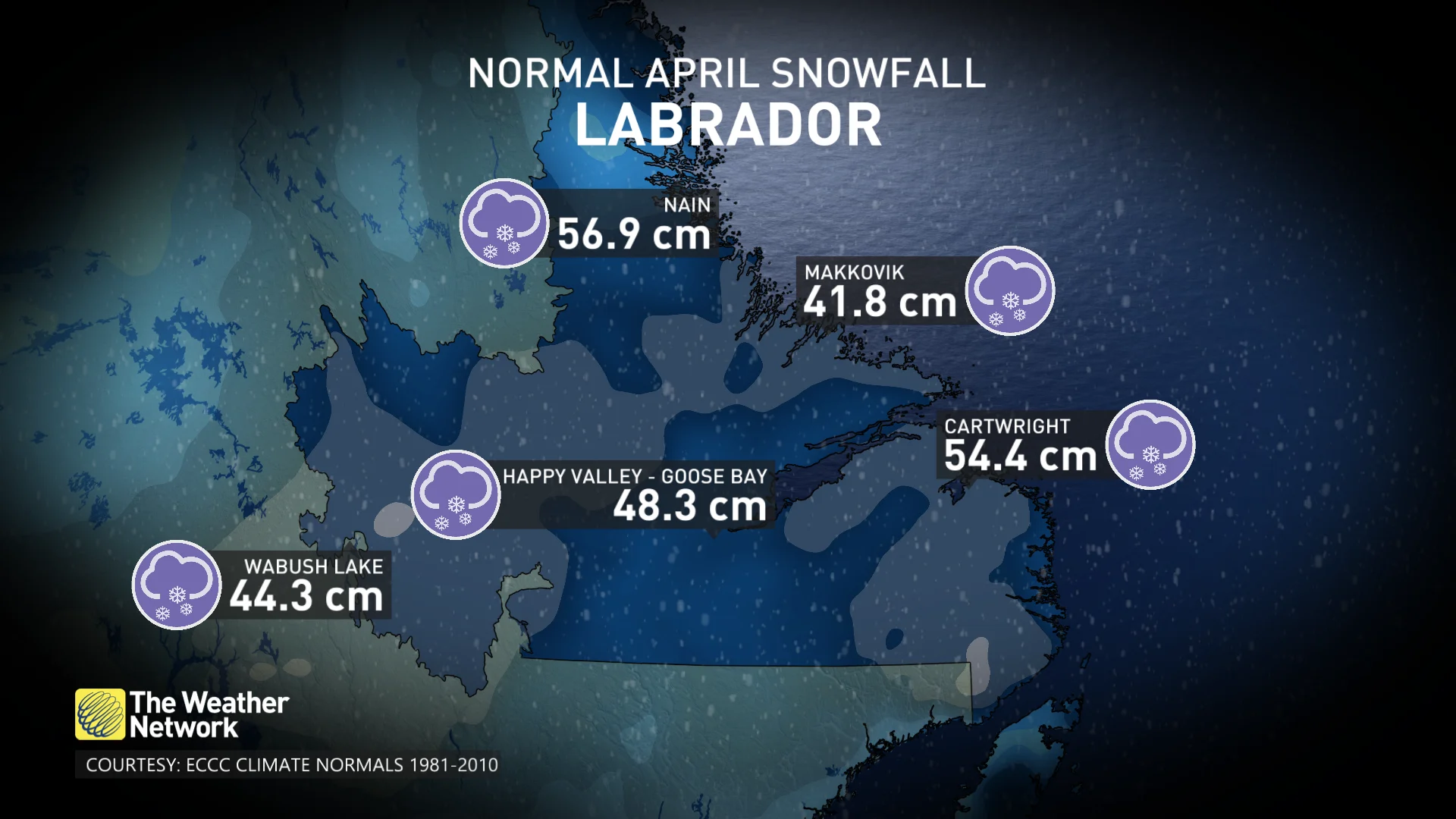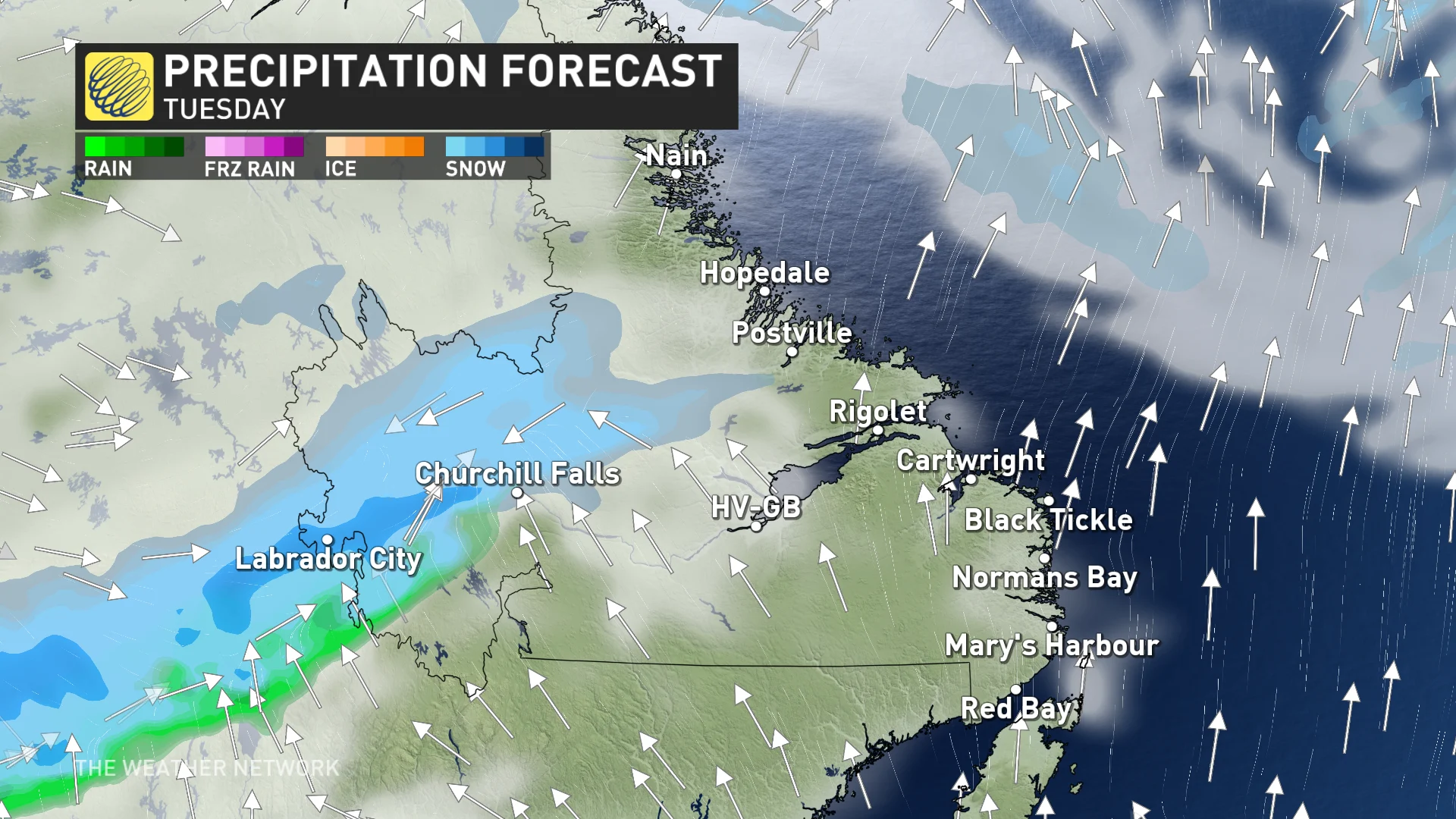News
Canadians’ views on racism unchanged, despite ‘difficult’ conversations in 2019: poll – Global News

Racism often captured headlines and took up space in public discourse in 2019 — but a new poll shows those discussions didn’t necessarily change Canadians’ opinions.
An Ipsos poll conducted on behalf of Global News found 49 per cent of Canadians don’t think racism is a serious problem in the country, while 43 per cent do.
Those numbers are similar to April findings, when 46 per cent said racism was a serious problem.
Sean Simpson, the vice-president of public affairs at Ipsos, told Global News that the poll was conducted to see whether key Canadian news events this year — including the federal election, videos and photos of Prime Minister Justin Trudeau wearing blackface and Sportsnet’s firing of Don Cherry — changed opinions.
“It’s both good news and bad news,” Simpson said.
“The good news is that things don’t seem to be getting worse. The bad news is that there hasn’t been a lot of improvement.”


Simpson also pointed to the poll’s finding that nearly four in 10 Canadians feel that “white Canadians are under threat from immigration” — a number that’s unchanged from April.
“I think people hold their opinions and things that they see and hear from leaders or celebrities reinforces their own positions,” Simpson said.
“Either they agree with what’s being said, or they disagree with what’s being said, but it doesn’t necessarily have impact or sway their own point of view.”
However, changing opinions on racism won’t happen overnight, noted Kathy Hogarth, an associate professor at the University of Waterloo, whose work focuses on marginalized populations in Canada.
“We can’t lose hope because our numbers aren’t changing as quickly as we want them to change,” she said.
“We need to continue having the conversation, and we cannot let the resistance to changing attitudes derail the attitudes about racism.”
Hogarth said Canadians have only begun to question issues such as racism in the justice and child welfare systems, and there’s much more to do.
“We’re only scratching the surface. We need to dig deeper to what are the pillars, what are the policies that are holding and breeding racism in place.”

Amira Elghawaby of the Canadian Anti-Hate Network added there needs to be systemic change in order for the country to truly understand and eradicate racism.
“We know that in our education system, there is not enough work being done to really understand Indigenous experiences in the this country,” she said.
“We’ve seen cutbacks in different provinces around funding and supporting Indigenous study, as well as looking at various forms of discrimination — Islamophobia, anti-Semitism and anti-Black racism.

“We need to have more in our curricula that reflects these experiences; they can’t sort of be tacked on as an afterthought.”
Elghawaby said that efforts to eliminate racism need to be supported by all level of government, citing the federal anti-racism strategy, which advocates will be closely monitoring.
“At the city level, as well, there’s much that can be done to ensure barriers to services, barriers to employment, and any type of hate that’s going on in our communities, we’re looking for solutions.”
An ongoing conversation
Conversations about racism need to go beyond just high-profile news events, both Elghawaby and Hogarth agreed.
“I think that in our media, we need to consistently and continually have these conversations,” Elghawaby said, noting Canadians did have meaningful conversations after the blackface and brownface incident and after Cherry’s firing — but then it faded.
“It sort of winds up being only when such a high-profile situation happens. It captures people’s attentions over a news cycle or two, then it fades from public consciousness.”

“We need to talk about these issues — and they are difficult conversations, but we still need to be having them,” Elghawaby said.
Hogarth added having ongoing conversations on racism would also help tackle the issue of polarization.
“When we begin to take an issue that’s really impacting the lives of a minority of people and make it a discussion point, people feel threatened, they feel the need to get defensive,” she said.
“We need to keep the conversation going because we need to understand that it’s not only a Black issue, it’s not a brown issue, it’s not an Indigenous issue. It’s all of our issue.”
Even beyond news events, she noted, conversations need to happen throughout the year — not just focused on specific months, such as Black History Month.
“The conversation must remain alive,” she said.
This Ipsos poll on behalf of Global News was an online survey of 1,002 Canadians conducted between Dec. 3-5, 2019. The results were weighted to better reflect the composition of the adult Canadian population, according to census data. The precision of Ipsos online polls is measured using a credibility interval. In this case, the poll is considered accurate to within plus or minus 3.5 percentage points, 19 times out of 20.
© 2019 Global News, a division of Corus Entertainment Inc.
News
Peel police chief met Sri Lankan officer a court says ‘participated’ in torture – Global News
The head of one of Canada’s largest police forces met with a Sri Lankan inspector general of police who two weeks earlier had been found by the South Asian country’s highest court to have “participated in the torture” of an arrested man.
Photos published by Sri Lankan media, including the Ceylon Today, an English-language daily newspaper, show Peel Regional Police Chief Nishan Duraiappah in uniform posing alongside senior Sri Lankan officers on Dec. 29, 2023 at police headquarters in the capital Colombo – a visit a Peel police spokesperson says Global Affairs Canada and the RCMP had been made aware of ahead of time.
One of the law enforcement officials in the photos was the inspector-general of Sri Lankan police, Deshabandu Tennakoon, who earlier that month was ordered to pay compensation for taking part in “mercilessly” beating a man.
Peel Regional Police Chief Nishan Duraiappah signs a guestbook at Sri Lankan police headquarters in Colombo, as the country’s inspector general Deshabandu Tennakoon stands behind him. Sri Lanka’s Supreme Court found he took part in the torture of an arrested man. (Credit: Ceylon Today).
Ceylon Today
On Dec. 14, 2023, Sri Lanka’s Supreme Court ruled Tennakoon was involved in the brutal arrest of a man suspected of theft, holding him in what the court called the “torture chamber” of the police station for more than 24 hours, striking and suffocating him, and rubbing chili powder on his genitals.
Dr. Thusiyan Nandakumar, a physician who also runs the London, U.K.-based outlet the Tamil Guardian, called it a “stain on Canada’s reputation.”
“To see someone of (Duraiappah’s) stature receive a guard of honour from that very same institution that’s responsible for so many abuses was shocking, to say the least,” Nandakumar said.
Duraiappah declined Global News’ request for an interview. In a statement, a Peel Regional Police spokesperson called his trip to Sri Lanka “personal” and said there is “no ongoing initiative or collaboration between Peel Regional Police and any organization in Sri Lanka.”
Peel Regional Police Chief Nishan Duraiappah wears his uniform and walks by Sri Lankan soldiers in a visit Peel police describe as a “personal” trip. (Credit: Ceylon Today).
Ceylon Today
Duraippah was photographed multiple times during his visit wearing his Peel police uniform.
Rathika Sitsabaiesan – a former NDP MP and Canada’s first Tamil member of Parliament – says when someone wears a uniform, “you’re representing the organization for which you are the chief.”
Duraippah is the only police chief of Sri Lankan descent outside the South Asian nation, according to Peel police, which operates in Mississauga and Brampton, Ont.
“(It’s) very harmful to me as a Canadian, as someone who grew up in the region of Peel, and all the people who continue to live in Peel and who identify as Tamil, in my opinion,” Sitsabaiesan said.
The Peel spokesperson said Duraiappah accepted an invitation from Sri Lankan police officers while he was on a family vacation to the country of his birth.
More on Canada
The spokesperson would not confirm when asked if Duraiappah had met directly with Tennakoon beyond the photos, which show them holding a plaque together and Tennakoon standing behind Duraiappah while he signed a guestbook.
It’s not clear whether the event photographed was the only meeting or whether any additional ones were held, including whether Duraiappah and Tennakoon met outside of the moment they were photographed together.
Another Peel spokesperson added that “the Chief discussed the requests for meetings received with Global Affairs Canada and the RCMP.”
The RCMP says the force provided information to Duraiappah about Tennakoon, including about the recent court ruling, ahead of time.
“The Government of Canada did not organize the visit, which was considered a personal visit. However, given the RCMP’s close working relationship with Peel Regional Police, the RCMP Liaison Officer for Sri Lanka offered to facilitate Chief Duraiappah with arrangements involving police agencies in Sri Lanka,” an RCMP spokesperson said in response to questions from Global News.
“Information was provided to Chief Duraiappah for his situational awareness about recent developments in Sri Lanka, including the Sri Lankan Supreme Court’s ruling on Chief Tennakoon.”
Global Affairs Canada also said the visit was “personal.”
“The Government of Canada did not organize the visit” and “as is customary for meetings with high-level officials, staff from the High Commission of Canada to Sri Lanka accompanied the Chief as a courtesy,” Global Affairs Canada spokesperson Marilyn Guèvremont said.
Sitsabaiesan says “alarm bells should have gone off” given the country’s human rights record.
In October 2022, Canada adopted a United Nations Human Rights Council resolution calling on Sri Lanka to address the “human rights, economic and political crises” in the country.
The following year it sanctioned four government officials for “human rights violations on the island” and commemorated the Tamil Genocide Remembrance Day for the first time – marking the deaths of tens of thousands of Tamils during the country’s 26-year civil war.
“Canada is well-versed in the crimes that took place. It’s not something that Ottawa is blind to,” Nandakumar said.
While it’s not unusual for western officers to visit, collaborate or train police forces in developing countries, some have recently distanced themselves from Sri Lankan authorities.
In 2021, Scotland ended its training program for officers in the country over allegations of human rights abuses.
In January of this year, the United Nations criticized Sri Lankan police for their “heavy handed” anti-drug crackdown, with reports of arbitrary arrests, torture and public strip searches.
Tennakoon’s recent appointment as police chief shows “much about how law enforcement authorities in the island operate with impunity,” Neil DeVotta, an expert on South Asia and politics professor at Wake Forest University in North Carolina, said in an e-mail to Global News.
Nandakumar says the Peel chief’s visit to the Sri Lankan police headquarters raises questions about judgement.
“When a senior Canadian official goes to meet with forces accused of such egregious crimes … to see something like that take place, it was very disconcerting.”
“I think an apology is needed,” he said.
News
Body believed to be missing B.C. kayaker found in U.S., RCMP say – CBC.ca


The RCMP say a body that was recovered by authorities in Washington state is believed to be one of two kayakers reported missing off Vancouver Island on Saturday.
Const. Alex Bérubé said the identity of the body found on San Juan Island, just south of the border, is still to be confirmed by the coroner.
A search has been underway in the waters off Sidney, B.C., about 25 kilometres north of Victoria, since the two kayakers were reported missing.
RCMP previously said Daniel MacAlpine, 36, and Nicolas West, 26, went missing while kayaking from D’Arcy Island to View Beach on Saturday afternoon. They were in a teal blue, fibreglass, two-person kayak.
Police said members of the Central Saanich Police Department and Peninsula Emergency Measures Organization search and rescue were involved in the search, and the Joint Rescue Co-ordination Centre and Canadian Coast Guard were also assisting.
News
Some Canadians will be digging out of 25+ cm of snow by Friday – The Weather Network
Digital WritersThe Weather Network


Prepare for multiple rounds of April snowfall this week, as Labrador braces for wintry conditions. This onslaught of snow is expected to blanket the region, potentially leading to hazardous travel conditions and disruptions throughout the week
As we march even deeper into the heart of the spring season, many parts of Canada are finding it tough to find any consistent signs of warming weather. Add to the mix periods of snow and wintry precipitation, and it’s safe to say the winter season is certainly not going out without a strong fight.
This week, parts of the East Coast will bear the brunt of the winter weather, with multiple rounds of April snowfall stacking up in Labrador. The chances for snow flurries will stick around all week long, bringing as much as 25 cm for some.
MUST SEE: Extreme pattern over Arctic produces 50+ degree temperature spread
Although 25+ cm of snow in April may seem extreme, for this part of the country, it’s definitely nothing out of the ordinary. In fact, the month as a whole brings about 40-50 cm of snow to Labrador on average.


Some communities, including Nain, even have snowfall chances stretch all the way into June!
“This week will be a little bit different however, as some regions could reach about half of Labrador’s monthly averages alone,” says Rachel Modestino, a meteorologist at The Weather Network. “The first round on Tuesday will pack quite the punch, with heavy snow and gusty winds stretching from Labrador city to the coast.”


Winds will be gusting between 70-90 km/h at times, and travel conditions will likely deteriorate quickly due to potential whiteouts and reduced visibility.
-



 Health2 hours ago
Health2 hours agoRemnants of bird flu virus found in pasteurized milk, FDA says
-
Art8 hours ago
Mayor's youth advisory council seeks submissions for art gala – SooToday
-



 Science15 hours ago
Science15 hours ago"Hi, It's Me": NASA's Voyager 1 Phones Home From 15 Billion Miles Away – NDTV
-
Art20 hours ago
Made Right Here: Woodworking art – CTV News Kitchener
-
News14 hours ago
Some Canadians will be digging out of 25+ cm of snow by Friday – The Weather Network
-



 Sports17 hours ago
Sports17 hours agoAuston Matthews turns it up with three-point night as Maple Leafs slay Bruins in Game 2 – Toronto Sun
-
Media13 hours ago
Jon Stewart Slams the Media for Coverage of Trump Trial – The New York Times
-
Real eState19 hours ago
Caution about Canada's private real estate sector abounds as valuations slow to adjust – The Globe and Mail











